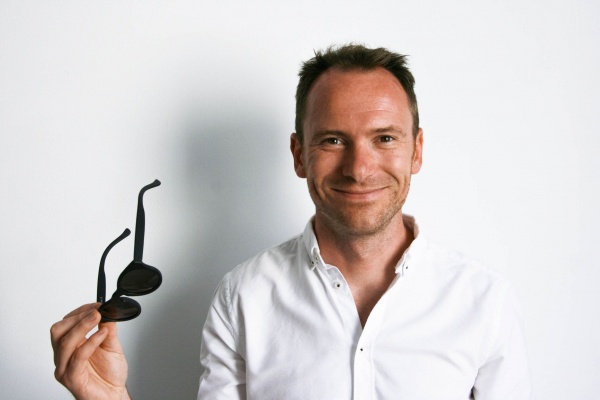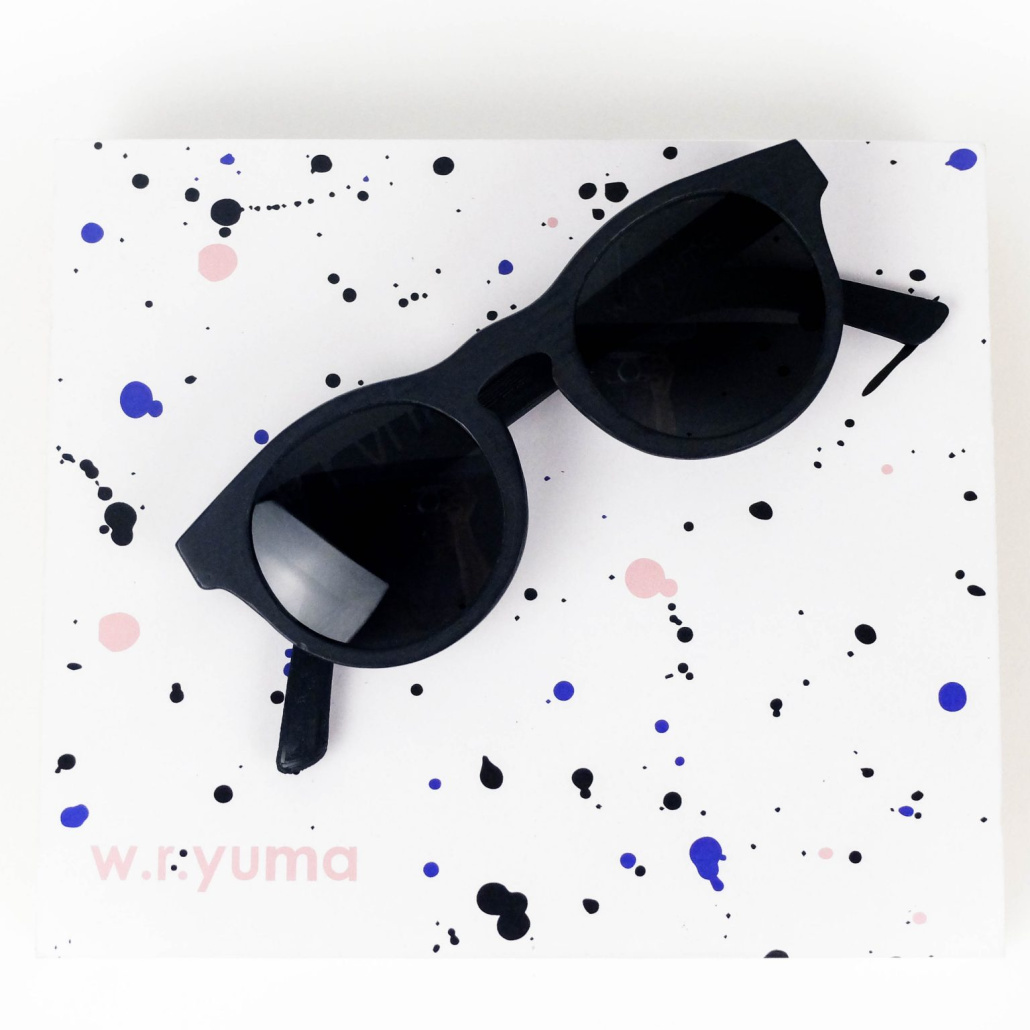
Image Miley Cyrus, Stella McCartney and Paris Jackson @stellamccartney/instagram
- Fashion
How Stella McCartney is revolutionising the fashion industry
Modern designs created by innovative, sustainable technologies are shaking up the fashion industry; and it’s about time
Textiles made from milk protein; silky lightweight cloth made from citrus juice byproduct; leggings crafted out of recycled plastic bottles; lab-mined diamonds grown under carbon heat to be technically identical to the real thing but which can grow up to 16 carats in two weeks. This is what a sustainable fashion future looks like thanks in part to designers like Stella McCartney who were doing vegan leather and faux fur way before they were a hashtag.
In 2017 McCartney was honoured by the British Fashion Council for her commitment to championing sustainability and animal rights; believes in the possibility of a circular economy, recycling materials and transparency. Then there are her collaborations with Adidas which have introduced ethical fashion to the sport market, creating garments made from 100 per cent recycled polyester.
“As we continue to push boundaries and challenge the status quo we want to evolve from just reducing our impact to making a positive impact. We want to completely reimagine the fashion industry as we know it and move to a new circular economy,’’ she says on her website.
Assistant professor of Fashion Design and Sustainability at the Parsons School of Design in New York, Timo Rissanen welcomes any technology that “reduces our need (or compulsion) to buy more things.”
“We need technological innovation across the board, from new non-toxic dyes to automated construction to technologies for closing the loop with different fibres, and there are countless companies working on these,’’ Rissanen says.
“A word of caution on closing the loop: a study a few years ago found that the option to recycle something often leads to higher consumption of that thing. New recycling technologies must not become an excuse to consume more or faster. Reduce and reuse are above recycle in the waste management hierarchy.”
When Sebastiaan de Neubourg, founded sustainable fashion company w.r.yuma, who create 3D printed sunglasses made from recycled car dashboards, fridges and plastic bottles, his belief was: “it’s not waste until it’s wasted.’’

W.R.Yuma founder Sebastian de Neubourg
“I believe that the economy of our future is a circular economy where all materials are recycled indefinitely in a closed loop. It’s our mission to make the circular economy the new cool …we hope that our sunglasses will start conversations and inspire people to rethink waste,’’ de Neubourg says.
The concept for w.r.yuma was to create a product that wasn’t just sustainable, but that helped change shopping behaviour.
“3D printing allows us to make custom eyewear that is uniquely fitted to shape and style of any individual. It also allows us to make products that can be easily taken apart for recycling (no glues or toxic dyes). Which means we can offer customers the option to swap their sunglasses for the latest model at a discount while we recycle the old frames,’’ de Neubourg says.


